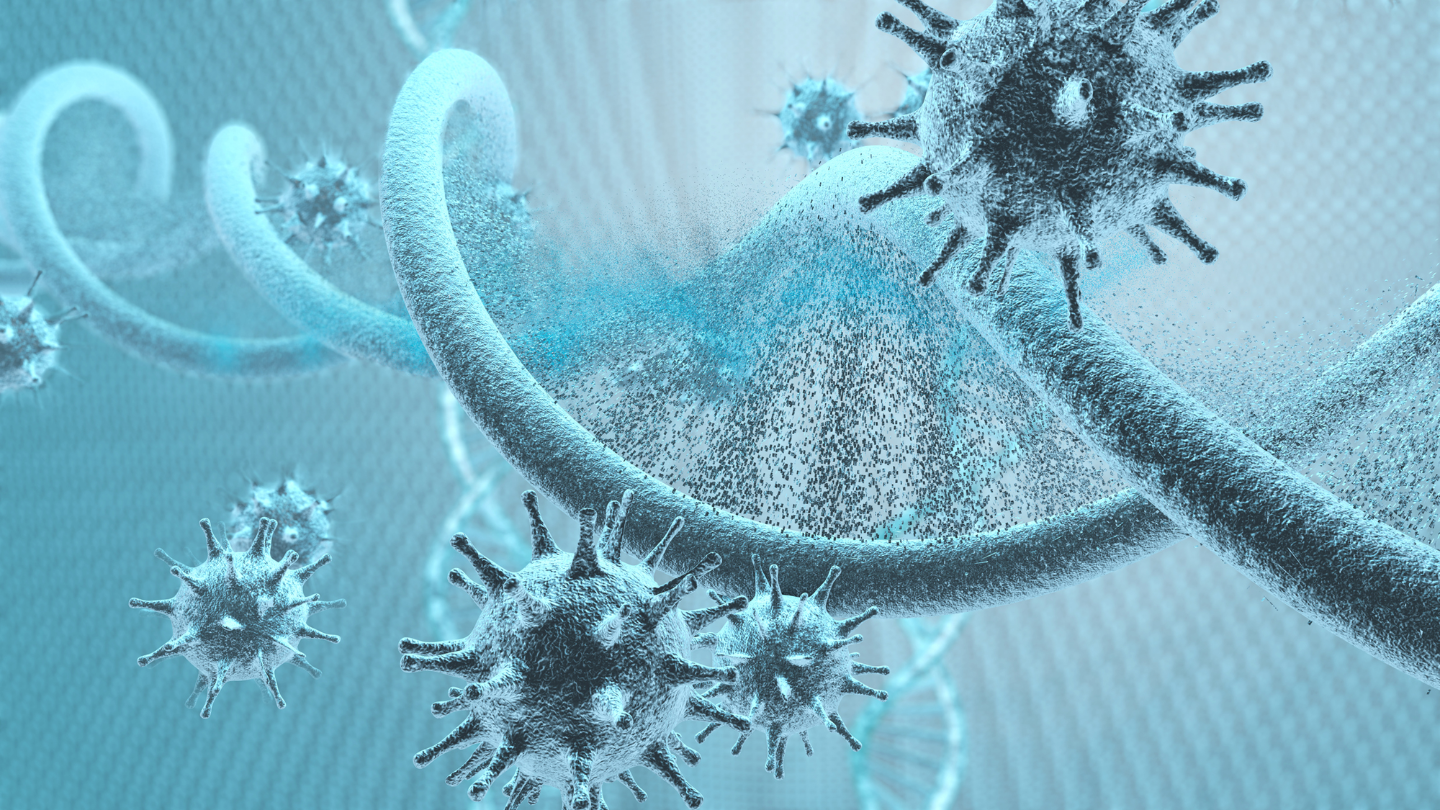The Silent Threat: Radon and Lung Cancer in Non-Smokers
NOV 03, 2025Radon is the number one cause of lung cancer in non-smokers and the second leading cause overall, right behind smoking.
Read More
Some 30 trillion cells make up the human body. Miniscule but efficient, cells do the work that makes the body function.
Each cell has a lifespan and undergoes apoptosis, or programmed cell death. It instructs old or damaged cells to stop dividing and begin dying. Meanwhile, new cells are made daily through a process of cell division called mitosis.
In all types of cancer, these orderly systems of growing and dying becomes disrupted. Old or damaged cells which should die instead survive. New, abnormal cells form where they are not needed. These rogue cells continue to divide uncontrollably and spread to nearby tissues.
What launches this cellular chaos is thought to be a genetic mutation in the DNA of an individual cell. Think of your DNA as a twisty ladder with rungs made up of pairs of joined molecules, or genes. Sometimes one of the joined molecules, or rungs, has a mutation. That mutation is thought to happen in three ways:
Whatever the cause, a damaged cell is able to divide and become cancer because it differs from normal cells in some important ways:
Eventually, cancer cells form a mass of tissue called a tumor. Cancer cells can also break away from the original tumor and travel – through the lymph system or blood vessels – and create new tumors. This is called metastasis.
Cancers can also occur without the formation of a tumor. That happens with leukemias, myelomas and many lymphomas. In fact, cancer is not one disease but more than 100 types of diseases.
Cancer researchers are learning more about how cancers develop, and this is helping lead to more precise treatments. Early detection through screening tests remains the best way to detect cancer before it has a chance to grow and spread. Genetic testing for cancer detection is also available at CHI Health.

Radon is the number one cause of lung cancer in non-smokers and the second leading cause overall, right behind smoking.
Read More
A Nurse Practitioner answers your essential mammogram questions. Understand timing, prep, the procedure, callbacks, and financial options.
Read More
Radiotherapy is a finely tuned, powerful partner that can work with your surgery to give you the best possible outcome for breast cancer.
Read MoreWhen you need local health information from a trusted source, turn to the CHI Health Better You eNewsletter.